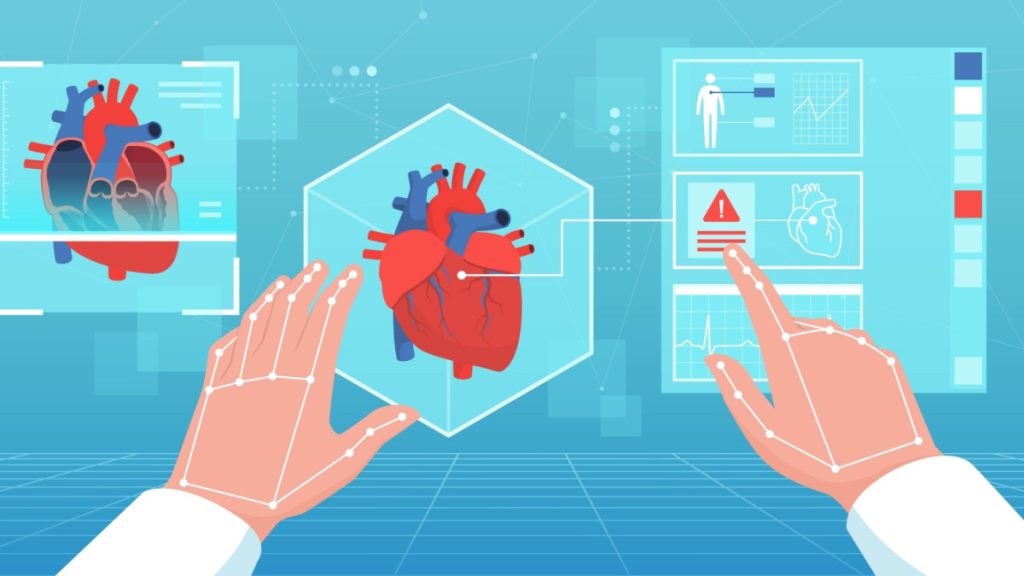
Digital health solutions are reshaping medicine starting with digital twins, virtual replicas of patients and organs that offer personalized and predictive insights into healthcare.
- They are created using extensive data on genes, proteins, cells, and personal patient information.
- Doctors use them for mock surgeries and drug testing…. for now.
Whether we like to admit it or not, medicine has always been an educated guess and common sense. If your symptoms fit those of disease A, then you have disease A. More often than not, they hit the nail on the head. But sometimes, nothing seems to work. or worse, the most likely prognosis is not the road the body decides to take. But how can we eliminate the probability of failure? Enter digital twins. A familiar sci-fi concept made real and effective.
As the name implies, your digital twin is your virtual carbon copy down to the freckle. Sometimes it’s just a virtual organ or a body part. These models are the product of massive amounts of data on genes, proteins, cells, and whole-body systems, in addition to a patient’s personal data. Doctors run the required tests on them prior to human application, including mock surgeries.
Is this starting to sound familiar? You’ve seen it before, haven’t you? Maybe on episode 9 of “The Good Doctor” where they practice a young boy’s critical heart surgery on a 3D rendering of his heart to maximize the odds of success.
Either way, the technology is no longer a work of fiction. For years, we have been using it for construction and the like. It’s about time we saw realistic applications in medicine. In this domain, checking under the hood is quite risky and tests are not always conclusive.
They have taken it a step further, beyond practice surgeries. They are using it to study drugs’ effects on human bodies before testing it on actual human beings. Researchers are calling that round of trials “in silico.” Chances are in five to 10 years’ time, it would be the standard and patient-specific organ digital twins would personalize treatments. Through ELEM BioTech, for example, companies can test their latest drug compounds and devices on simulated models of the human heart.
In another realm of possibilities, cancer patients also stand to benefit from the technology. AI experts at GSK drug company and King’s College London cancer researchers are building digital replicas of patients’ tumors. Afterward, and thanks to the data, the scientist can predict how different drugs, combinations, and dosing might affect the growth and the patient.
And if you think they are leaving pregnant patients behind, think ahead. They are using the digital twins to test a variety of drugs for several conditions. Prof. Michelle Oyen, the director of the Center for Women’s Health Engineering at Washington University in St Louis, is building placenta models.
Who would have thought that medicine would get so advanced we could forgo trials and errors?
Inside Telecom provides you with an extensive list of content covering all aspects of the Tech industry. Keep an eye on our Medtech section to stay informed and updated with our daily articles.